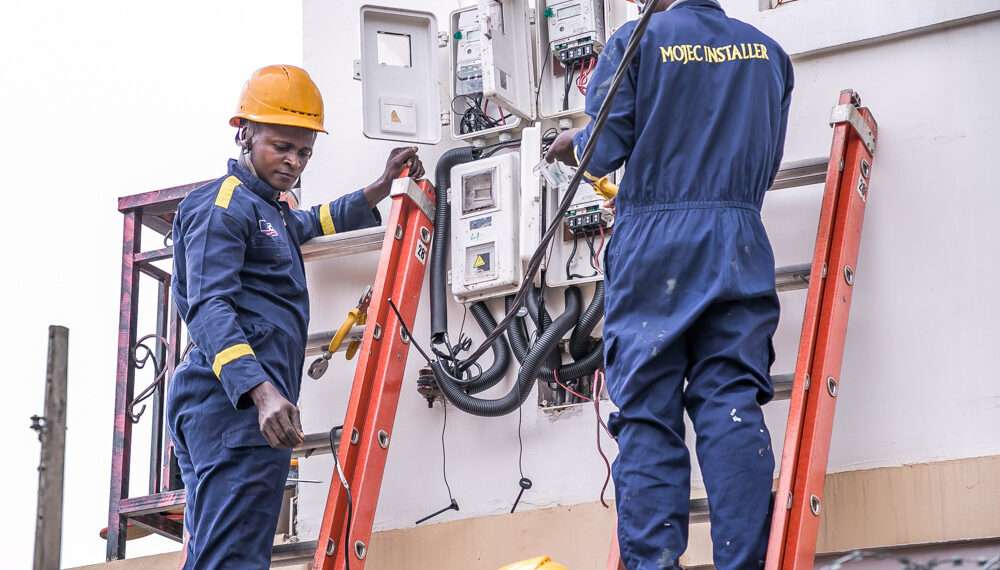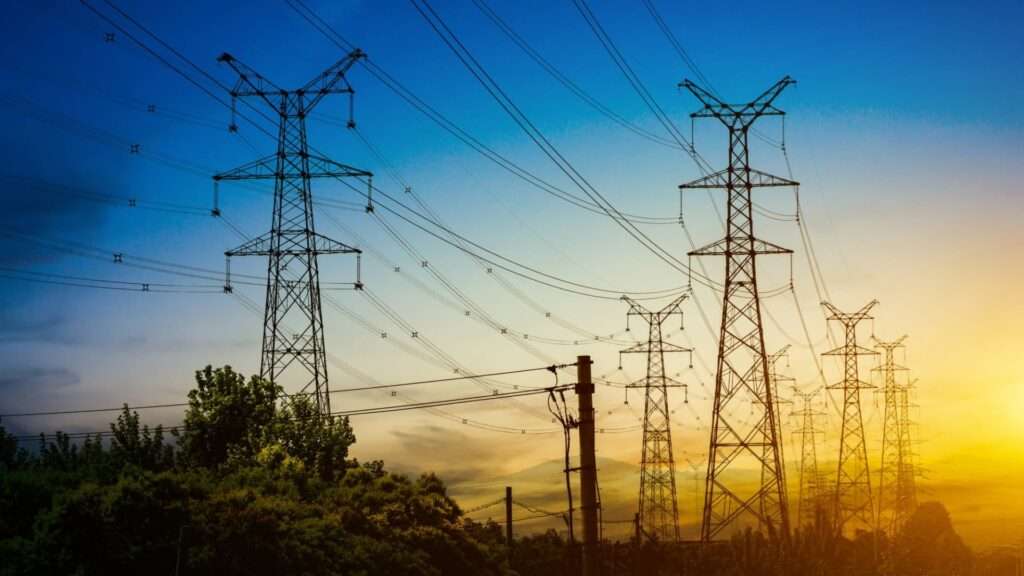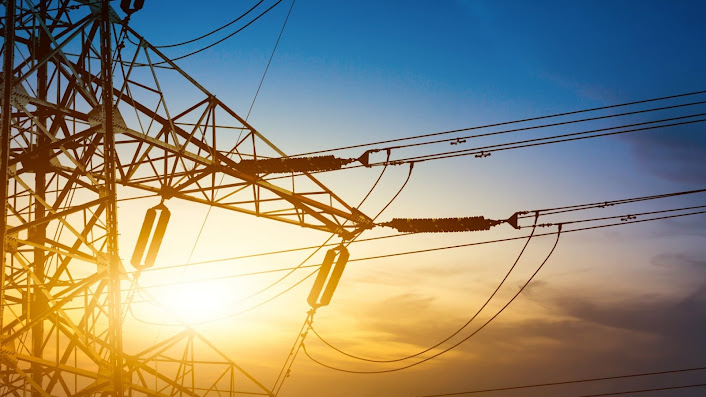Nigeria’s power sector experienced an unprecedented financial upswing in 2024, generating an additional ₦700 billion in revenue, marking a 70% year-on-year increase over 2023 collections.
This milestone, described by stakeholders as the most significant leap in the sector’s recent history, was unveiled by the Minister of Power, Mr. Adebayo Adelabu, during the 6th edition of the 2025 Ministerial Press Briefing Series held in Abuja on Thursday.
“It is evident that, due to our transformative tariff reforms, the electricity market generated additional ₦700 billion revenue in 2024, reflecting a 70 per cent increase from what was collected in 2023.”
Mr. Adebayo Adelabu, Minister of Power
The growth, attributed primarily to cost-reflective tariff adjustments for Band A customers, represents a dramatic improvement from the 20% growth ceiling the sector has recorded in previous years.
Band A customers are typically those who receive the highest quality power supply, often with up to 20–24 hours of electricity daily.
The Minister further highlighted the positive fiscal implications of the improved revenue performance.

According to Adelabu, the revenue boost has helped to significantly reduce the federal government’s electricity tariff subsidy burden.
“This positively impacts the reduction of the government-subsidised tariff shortfall by 35 per cent, decreasing it from ₦3 trillion to ₦1.9 trillion.”
Mr. Adebayo Adelabu, Minister of Power
The government has long subsidized electricity tariffs to make power more affordable for consumers, but these subsidies have come at a high cost to the national budget.
Adelabu emphasized that sustained reforms are essential to moving the sector toward financial viability and reducing dependency on public funds.
“This performance demonstrates that financial viability and improved service delivery can coexist within Nigeria’s electricity value chain if appropriate reforms are sustained.”
Mr. Adebayo Adelabu, Minister of Power
Nigeria Commits to Expanding Energy Access

In addition to financial reforms, Adelabu reiterated the federal government’s commitment to expanding energy access, both domestically and continent-wide.
He pointed to Nigeria’s endorsement of the Nigerian Energy Compact, a bold initiative launched at a summit in Tanzania in January 2025, and led by the World Bank and the African Development Bank (AfDB).
“The target of M300 is to extend energy access to an additional 300 million Africans by 2030 out of the 600 million currently lacking access.”
Mr. Adebayo Adelabu, Minister of Power
This aligns with President Bola Tinubu’s administration’s energy ambitions, which emphasize inclusive access to reliable electricity as a key enabler of economic development and social welfare.
Adelabu noted that the initiative also promotes clean cooking technologies and seeks to rebalance Nigeria’s energy mix with a greater emphasis on renewables and sustainability.

At the core of Nigeria’s power sector reforms is the Electricity Act of 2023, a landmark piece of legislation that decentralizes the electricity market and encourages states to play a more active role in power generation, distribution, and regulation.
In line with this, Adelabu revealed that the Federal Ministry of Power has developed the National Integrated Electricity Policy (NIEP) — a comprehensive framework aimed at providing a long-term roadmap for sectoral reform and modernization.
“The NIEP has been submitted to the Federal Executive Council for approval.
“It will serve as a guiding framework for all power sector actors—including investors, operators, regulators, and government agencies.”
Mr. Adebayo Adelabu, Minister of Power
The policy is founded on data-driven and evidence-based planning, ensuring transparency and accountability in sector operations.
According to Adelabu, it is designed to bolster investor confidence, attract capital, and drive innovation in Nigeria’s power ecosystem.
With ₦700 billion in additional revenue, a new national policy framework awaiting final approval, and alignment with continental energy access goals, Nigeria’s power sector appears to be charting a new course.
However, achieving universal electricity access and fiscal sustainability will require ongoing political will, regulatory coherence, and collaborative partnerships across public and private sectors.
READ ALSO: Trump’s Back-And-Forth On Tariffs Locks US, China In Brinkmanship





















